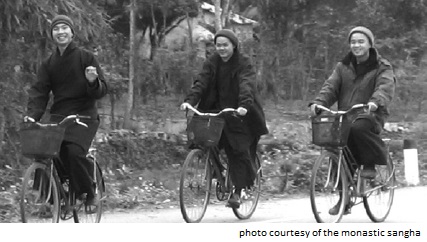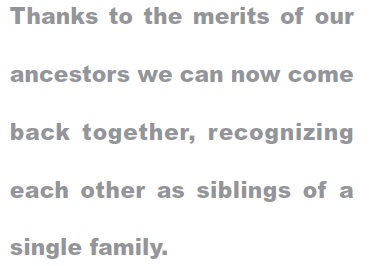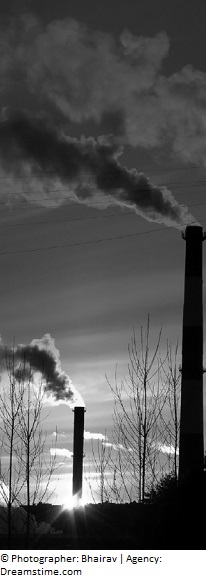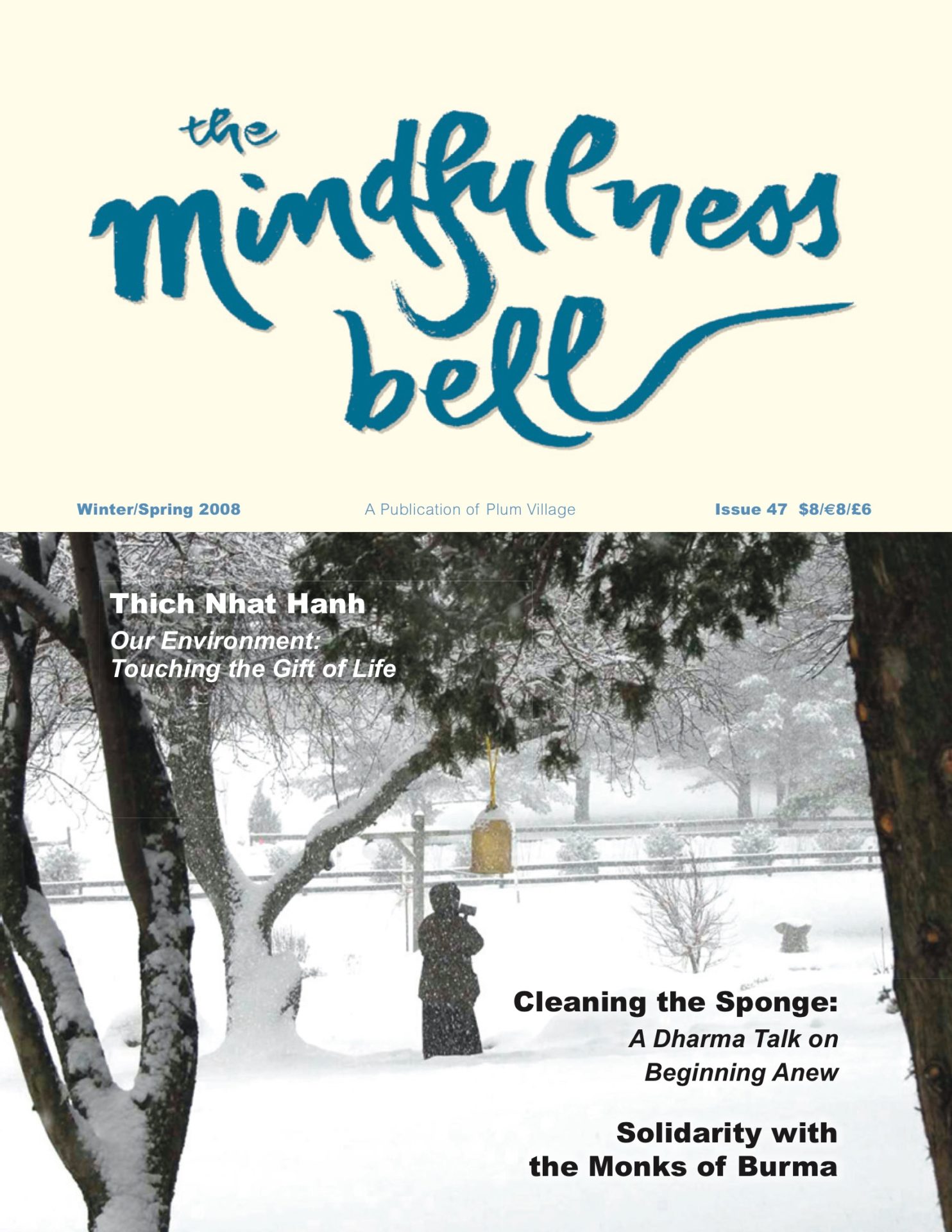
By Gary Richardson
Looking inward, I see that my grasping for speed and convenience fuels a part of the oil industry, which does its best to meet my needs as efficiently — and profitably — as possible. I try to control my appetite for convenient transport. For a dozen years I rode my bicycle in town and did not own a car. I would borrow my wife’s car for heavy hauling and occasionally rent a car for long trips.

By Gary Richardson
Looking inward, I see that my grasping for speed and convenience fuels a part of the oil industry, which does its best to meet my needs as efficiently — and profitably — as possible. I try to control my appetite for convenient transport. For a dozen years I rode my bicycle in town and did not own a car. I would borrow my wife’s car for heavy hauling and occasionally rent a car for long trips. Yet I still buy food that travels thousands of miles to my table, and fly or drive to retreats and vacations.

Recently I succumbed to an atavistic urge and bought an ‘87 Vanagon — mainly for overnight trips away from home, for instance, to Deer Park in September. I still ride my bike in town but notice that with the van sitting there — insured, fueled, maintained — it’s much easier when the air is bad or the weather cold and wet to take the van and leave the bike.
Targeting oil companies is rather like going after Peruvian or Afghan farmers and their cartels to interdict the cocaine or heroin trade. It is users who drive both the petroleum and drug markets. Of course, it would be political suicide for our government to be too open with voters about the dire straits we have entered. Indications are that worldwide oil production peaked sometime in the past two years. Far too little attention has been placed on the tremendous change that this portends. There may not be enough fossil energy and time left to fuel the awesome technological and social transformations required to sustain current levels of convenience.
For instance, the liquid petroleum-based fuels consumed in the U.S. for transportation make up a bit more than a third of our consumption. To replace this with electrical or hydrogen-fueled power would require production of a new, one-gigawatt nuclear plant every month --or if you prefer, 105 one-megawatt wind turbines every day — for the rest of the century, beginning now. We do not even have a national notion about what direction to pursue.
Our appetite for fossil energy is partly responsible for the global climate changes we are beginning to see. At the same time, we are becoming aware that the supply of oil is running down. The concluding paragraphs in Thay’s October 12 encyclical [see page 13 for another excerpt] are a sobering call for reflection on all of this:

The Buddha taught that all phenomena are impermanent; there is birth, then there is death. Our civilization is also like that. In the history of the earth, many civilizations have ended. If our modern civilization is destroyed, it also follows the law of impermanence. If our human race continues to live in ignorance and in the bottomless pit of greed as at present, then the destruction of this civilization is not very far away. We have to accept this truth, just like we accept our own death. Once we can accept it, we will not react with anger, denial, and despair anymore. We will have peace. Once we have peace, we will know how to live so that the earth has a future; so that we can come together in the spirit of brotherhood and sisterhood and apply the modern technology available to us, in order to save our beloved green planet. If not, we will die from mental anguish, before our civilization actually terminates.
Our mother, the Earth, the green planet has suffered from her children’s violent and ignorant ways of consuming. We have destroyed our Mother Earth like a type of bacterium or virus destroying the human body, because Mother Earth is also a body. Of course, there are bacteria that are beneficial to the human body. Trillions of these bacteria are present in us, especially in our digestive systems (known as intestinal normal flora). They protect the body and help generate enzymes necessary to us.
Similarly, the human species can also be a living organism that has the capacity to protect the body of Mother Earth, if the human species wakes up and knows how to live with responsibility, compassion and loving kindness. Buddhism came to life so that we can learn to live with responsibility and compassion and loving-kindness. We have to see that we inter-are with our Mother Earth, that we live with her and die with her.
Mother Earth has gone through re-birth many times. After the great flood caused by global warming takes place, perhaps only a very small portion of the human race will survive. The earth will need over a million years to recuperate and put on a whole new, beautiful green coat, and another human civilization will begin. That civilization will be the continuation of our civilization. To the human species, one million years is a very long time, but to the earth and in geological time, one million years is nothing at all; it is only a short period of time. Ultimately, all birth and death are only superficial phenomena. No-birth and no-death are the true nature of all things. This is the teaching of the Middle Way in Buddhism.
Commitment in Action
Last night, I faced the energy challenge again. The Boise City Council was holding an air quality summit at City Hall, a couple of miles from my home. The weather was cold and messy, but I could not in good conscience drive my van to a meeting on air quality.
As I hopped on my bike and rode down the drive, I noticed a few snowflakes in the air. As I cautiously descended the hill about a half-mile to the valley floor, the flakes got bigger and wetter. I arrived snow-covered and sopping wet at City Hall at the same time as a TV news crew. Astounded that someone would ride a bike to a meeting in such weather, and always eager for a strange visual photo opportunity, they interviewed me as I locked up my bike — another crazy cyclist for clean air!
Gary Richardson, True Wonderful Action, practices with Beginner’s Mind Sangha in Boise, Idaho.

